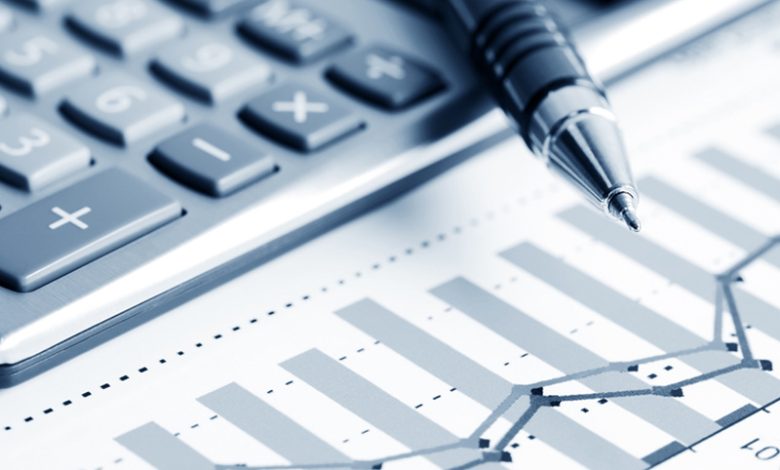
Argentina’s Foreign Investment Quest: A Work in Progress – Reuters
By Nicolás Misculin and Jorge Otaola
BUENOS AIRES – Argentina is progressing in its efforts to attract foreign investment after a prolonged period of skepticism towards free enterprise; however, investors believe there is still much work to be done to align with more investment-friendly neighboring countries.
Foreign investment is vital to President Mauricio Macri’s strategy of reshaping Argentina’s economy to be less reliant on state control and more entrepreneurial, in order to stimulate growth. Many local firms have been hesitant to invest their capital, despite affirming support for his economic agenda.
At a recent event focused on Argentina, Macri highlighted significant progress, noting that multinational companies are beginning capital spending after years of economic instability under the previous administration of Cristina Fernandez. He mentioned that companies exporting value-added services have started hiring thousands of young professionals, citing the local branches of German firms as examples that recognize Argentina’s substantial talent pool.
Macri’s initiatives, including negotiating with holdout bondholders from Argentina’s 2002 default, lifting capital controls, allowing the peso to float, and removing political interference from the economic statistics agency, have been well-received by many investors. These actions have resulted in a surge of short-term foreign investment.
Eduardo Costantini, CEO of developer Consultatio, remarked on the government’s welcoming attitude towards foreign investors, pointing to an increased engagement with capital markets and a recent visit from the International Monetary Fund.
Under Macri’s leadership, several sectors, including energy, are experiencing a shift towards open investment opportunities. Recently, a unit of BP announced plans to invest $1.4 billion in exploring and producing Argentina’s energy resources.
Furthermore, the American Chamber of Commerce in Argentina reported that U.S. companies are set to invest $2.3 billion in the nation over the next year and a half, with more than $100 million each from firms such as General Motors, AES Corporation, and Ford Motor Company.
Despite these advancements, years of anti-market policies have resulted in significant disparities between Argentina’s capital markets and those of neighbors like Brazil. Argentina’s benchmark Merval index consists of only 15 stocks, significantly fewer than the broader indexes in smaller countries like Peru and Colombia.
Ernesto Allaria, the head of Argentina’s Merval stock market, emphasized the need to assist more Argentine companies in going public during the integration of the Merval with the smaller Bolsa de Comercio to establish ByMA. He expressed a focus on meeting the demand for initial public offerings to support new economic initiatives.
While Argentina’s GDP is about a quarter of Brazil’s, the daily trading volume of Argentine stocks is merely $20 million, a stark contrast to Brazil’s $2 billion.
Finance Minister Alfonso Prat-Gay announced plans to introduce legislation to Congress aimed at reforming capital markets, though details on the proposals remain undisclosed. Reports suggest that the reforms could enhance foreign investment and mitigate state interference in privately held companies.
Eduardo Eurnekian, a prominent investor in energy and infrastructure, stated he plans to list a controlling stake in his airport operations in New York rather than local markets to gain better capital and support.
He also noted that although foreign investors are becoming interested in Argentina again, many are looking for improvements in competitiveness and addressing economic challenges such as high taxes, elevated interest rates, and inadequate infrastructure.
"Foreign investors are aware of these weaknesses," Eurnekian remarked. "They recognize the potential of investing in Argentina, but they seek decisive actions to overcome the economic barriers that hinder competitiveness."
 GOOGL
GOOGL  META
META 


